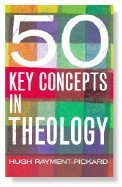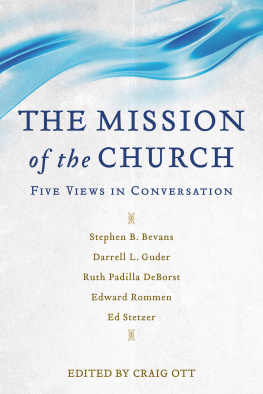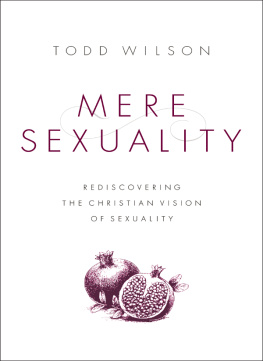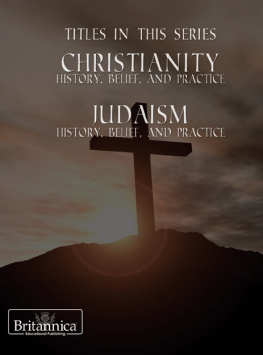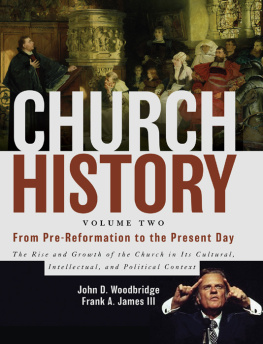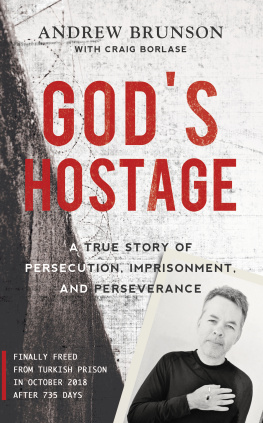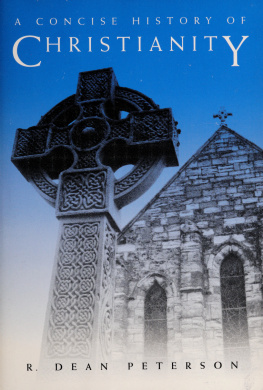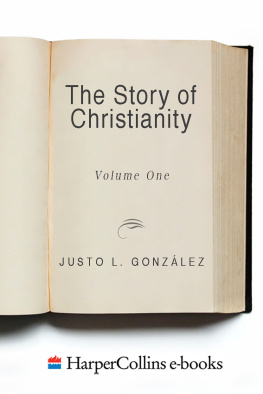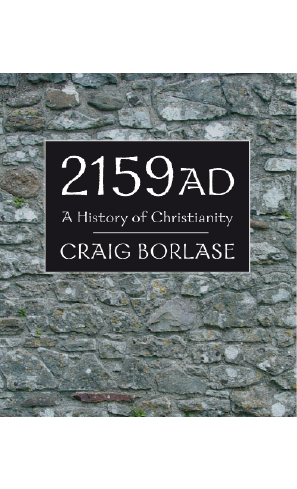First published in 2009 by
Darton, Longman and Todd Ltd
1 Spencer Court
140 142 Wandsworth High Street
London SW18 4JJ
2009 Craig Borlase
The right of Craig Borlase to be identified as the Author of this work has been asserted in accordance with the Copyright, Designs and Patents Act 1998.
A catalogue record for this book is available from the British Library.
Digital edition converted and published by Andrews UK Ltd 2010
Dedication
To Evie, Barney, Bethany and Libby -trusting that your own stories will weave in well with these.
Acknowledgements
Thanks are due
To the people who were kind enough to lend me their brains: Dr Stew Hotston, Craig Detweiler, Erwin McManus and Eric Bryant, Calum and Dr Abigail Macleod, the very good Dr Kent Barshov, Terry Glaspey, the Rev Chris Russell, Ben Niblet. Thank you for meeting me half way down the mountain.
To the friends who lent me their shoulders: Charles and Janet Morris, Chris and Belinda, Juliette, the Buchanans, Young Craig, Cathy, Vincent, Liam and Andy, Jona Skipper, the Nivens, Mizzie and Ian. Thank you for speaking and listening.
To the church I belong to: the community of Saint Laurence, Reading and friends at Soul Survivor and Tearfund. Thank you for committing to something worth sharing in.
To the family who breathe life into all of this: the beautiful Emma, the inspiring Evie, the upstanding Ba, the delightful Bessie and the freshly-arrived-but-hugely-loved Libby.
To the publishers: thank you to the team at DLT, with particular gratitude to David Moloney for being there from the very beginning.
To everything else that inspired me while writing: the music of Jason Upton, Bon Iver, Jon Foreman, Amadou and Mariam, Tumbling Ground by the Black Peppercorns. The sight and smell of a 3 x 4 log cabin on a late winters evening. The voices of Brennan Manning, Rob Bell and Eugene Peterson. My mothers fountain pen and bible. The thought of a summer in France. The river Thames, Whiteknights lake and Solva, Pembrokeshire. National Geographic features and the prose of Sebastian Faulks.
Foreword
It was recently reported in the national press that there was a dramatic drop in the number of students choosing to pursue history as an academic subject. In a culture ever more seduced by the present moment, history and tradition seem to be losing currency. But to fail to know and interpret our history affects every part of life, not least our understanding of the Church and the Christian faith.
Its common in Church circles, when a tradition has grown stale or lost its integrity, for people to say that we should return to the faith of the early Church, as if we could simply leap back over two millennia of history to rediscover the beliefs and practices of the New Testament era and start afresh from there. But such a leap is an impossibility, not only because we cannot know in any kind of detail what the first-century Church really looked like, but also because our understanding of the New Testament Church is filtered through two millennia of Christian history that have occurred in the meantime. We cannot separate our interpretation of the New Testament from the layers of history we have inherited, any more than we can turn lemonade back into lemons, sugar and water. The idea that we could dispense with history and begin again is a fallacy, and its even more mistaken to think we could avoid the mistakes of history by dissociating ourselves from them. In the famous, though often misquoted, words of Spanish philosopher George Santayana, Those who cannot remember the past are condemned to repeat it.
The real solution to an unsatisfying, often embarrassing and sometimes baffling tradition is to learn about where weve come from in order to know how to shape the future. By knowing and accepting our own history, we gain a clearer understanding of why things are the way they are now; in terms of liturgy, theology and Church practice we save ourselves from reinventing the wheel over and over again, and we also stand a much better chance of steering our own future in an informed way.
2159AD is an introduction to the history of the Church, a whistle-stop tour through twenty centuries of Church development, stopping along the way at the major events to examine why events happened as they did, and what effect they had on the unfolding story of the Church. But Craig Borlase gives us Church history with a twist by telling his story from an imagined position a century and a half into the future. He views the present as if it were already history, and in doing so gives his idea of what the Church could be like in the future, with visions to embrace and dangers to avoid.
Constructing a vision of the future would be pointless if it were merely an attempt to predict what happens next. Theres little purpose or benefit in being historys fortune teller. But theres every reason, as Coleridge believed, to picture what might be possible in order to imagine a better world into being in the present. By giving us an account of history from a fictitious future perspective, 2159AD reminds us that all we are now will one day be read as someone elses history, and considers the lessons of the past with an eye to what we might yet become. It lays a challenge at our door not only to know about where weve come from, but to become more aware that the way we live our faith now is creating a spiritual legacy for future generations.
Maggi Dawn
Cambridge, 2009
Introduction:
The Siege of Jerusalem and the point of all this
My knowledge of the history of Christianity is shocking. I suppose I know the basics well enough to be able to tell my Peter from my Paul, but once we get out of the New Testament with its stories of martyrs stonings and divinely-assisted jail-breaks I find myself having considerable difficulty. I know that something major happened when a Roman emperor saw the light, but after that wasnt it nothing more than endless years of witch hunts and strange men with even stranger beards? I know that Calvin was someone important, but Im not all that sure if Im actually a Calvinist myself, or even whether I should want to be one in the first place. Move forward a while and Im still struggling; did the Church stay as silent as it appears that it did during the Second World War? Was there really quite so much fuss made over the ordination of women and gays? And how come it took Christians so long to wake up to the problem with the planet?
I dont know if I can work it all out, but something gnaws at me telling me its worth a try.
Before we start, though, Im wondering if there are a few things to clear up, like understanding what makes all this stuff important anyway? Why should I care? And why is it that someone like me, a Christian for all his life, can have got so far and yet know so little about the ancestors that wept, fought, raged, died, argued and prayed this faith into what it is today?
Ive been thinking about that. I grew up in a church that was insular and single-minded. Boil it down to its absolute essence and the message that came down from the stage and screens was clear; why bother looking back when the future was so close at hand? We werent necessarily Rapturists, although Im sure there were a few among us, searching the skies for interesting cloud formations. Yet we were all encouraged to believe that Jesus was coming back soon. Very soon.
I dont know why this meant that our history mattered less. Perhaps we were worried that the Lord might take offence if we appeared too smart on our first meeting. Maybe we really did think that wed got it right; all those centuries that had passed before us were merely a warm up to this, to us; the final act before the curtain fell. Or could it be that we just thought it was all too tedious to warrant further study?

